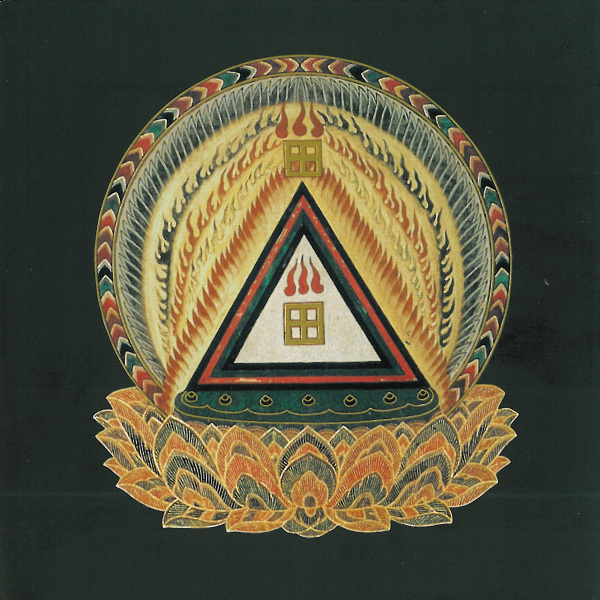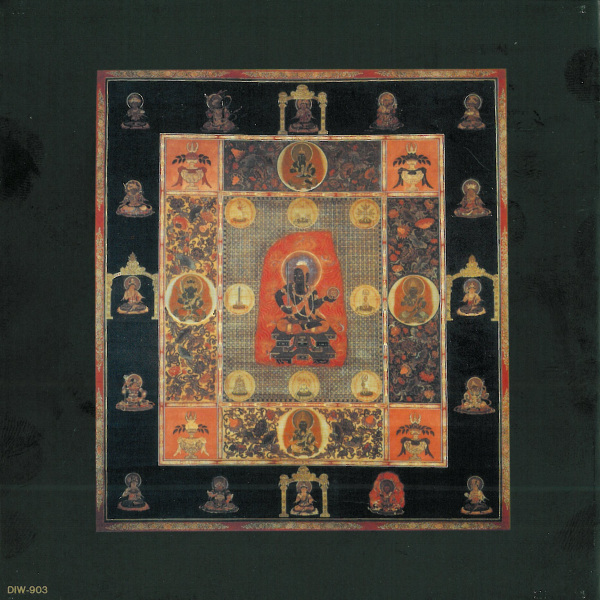ARCANA




1/ Broken Circle (Bailey,Laswell,Williams) 11.03
2/ Cold Blast (Bailey,Laswell,Williams) 8.16
3/ The Rattle of Bones (Bailey,Laswell,Williams) 7.56
4/ Pearls and Transformation (Bailey,Laswell,Williams) 16.25
5/ Tears of Astral Rain (Bailey,Laswell,Williams) 8.06
6/ Transplant Wasteland (Bailey,Laswell,Williams) 8.32
Recorded and mixed at Greenpoint Studio, Brooklyn, New York, April 1995
Engineered by Robert Musso
Assistant Engineer: Layng Martine
Drum Arrangment: Artie Smith
Produced by Bill Laswell
Associate Producers: John Zorn and Kazunori Sugiyama
Executive Producer: DIW/Disk Union
Derek Bailey: electric guitar; Bill Laswell: electric 8 string bass; Tony Williams: drums.
1996 - DIW (Japan), DIW-903 (CD)
Much of the remainder of the album vacillates between these moments of inspiration and wandering in search of them. If the heights of the first piece are never quite achieved again, there is still a great deal of fine playing and group interaction in evidence. While Laswell and Williams tend to fall into blues or funk patterns when all else fails, Bailey is consistently imaginative, coaxing undreamt of sounds from his guitar and providing the necessary creative fuel for this generally very successful session. In fact, listeners who have been cowed by Bailey's "difficult" reputation could do worse than starting here.
4 stars out of 5
Brian Olewnick (courtesy of the All Music Guide website)
In an effort to get the most out of Derek Bailey's reduced touring schedule, producer John Zorn conceived a series of recordings that would present him in a variety of unexpected settings, all of the traditional guitar/bass/drums format. Thus we have Bailey teamed with, of all people, Tony Williams, and Bill Laswell, a bassist with funk/fusion/new music credentials. The result is raucous, unique music that sounds like it's presented in the order recorded, and one hears, or imagines to hear, the musicians getting a handle on things as they progress. Certainly it's a while before Williams seems to adjust to the fact that Bailey isn't going to react to the nasty funk grooves that he and Laswell set up in any obvious way. Of course once the drummer has reached back to call on instincts we haven't heard him use since his mid-'60s records with Dolphy, Rivers, Shorter, et. al., Derek starts insinuating some kind of weird funk himself. Laswell makes a few choices that might be open to criticism on their own, but it's all grist for the maelstrom here. His presence provides the glue for what I think is an extraordinarily successful set, one of Derek's best, but really a significant group improvisation.
Duck Baker (courtesy of the Jazz Times website)